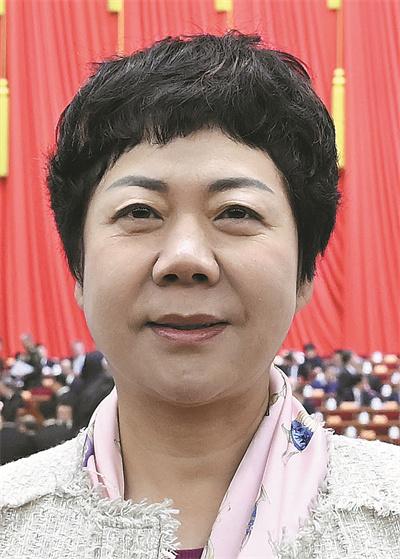New youth visa category could boost exchanges
China Daily, March 13, 2024 Adjust font size:

A national political adviser has proposed to add a new visa category that allows more young people around the world to participate in work-based cultural and educational exchanges during their gap years to deeply integrate into the country.
Liu Aiping, a member of the National Committee of the Chinese People's Political Consultative Conference, said the new visa category could allow young people to have part-time jobs to cover their expenses during a year of travel in China.
"The new visa would be different from a work visa, which has complicated application procedures. It would be the kind that enables foreigners to get paid while holding a short-term visitor visa or student visa," said Liu, who is also Party secretary of the China International Youth Exchange Center.
Similar visa categories have been set up in other countries. The J-1 visa in the United States allows individuals to join work and study visitor programs such as Bridge USA. The program attracts about 100,000 international students each year to engage in paid internships in the US during summer vacations, Liu said.
"Based on the current X1 visa for long-term students in China and the Z visa for employment in China, we propose that the departments including the Ministry of Foreign Affairs, the National Immigration Administration and the Ministry of Human Resources and Social Security could look into the introduction of working holiday visas, in a bid to offer a more immersive experience and facilitate better integration for foreign youths in China," she said.
Based on her work experience with young people, Liu found that those who visited China had a better impression of the country than those who did not, and the longer they stayed, the more rationally they viewed the country.
A pilot program could be initiated before the introduction of the new visa category, inviting foreign youth annually to participate in short-term paid work in China, she said.
Apart from adding a new visa category, more policy and financial support, including subsidies to encourage overseas voluntary service, can be instrumental in advancing global youth communication and enhancing understanding of China, Liu proposed.
"Amity between people, which should start from youth-to-youth communication, holds the key to sound state-to-state relations," she said.
Her proposal to the second session of the 14th CPPCC National Committee follows China's repeated emphasis on the significance of interaction between its citizens and those from other countries.
Having engaged in global communication for years, Liu pointed out that China faces limitations due to the relatively small scale and low subsidy standards of its overseas volunteering programs.
"During the 14th Five-Year plan (2021-25), it is suggested to dispatch around 200 volunteers each year to countries involved in the Belt and Road Initiative."
Liu also underscored the unique roles of overseas Chinese-funded enterprises in global youth communication.
Contact the writers at zhaoyimeng@chinadaily.com.cn